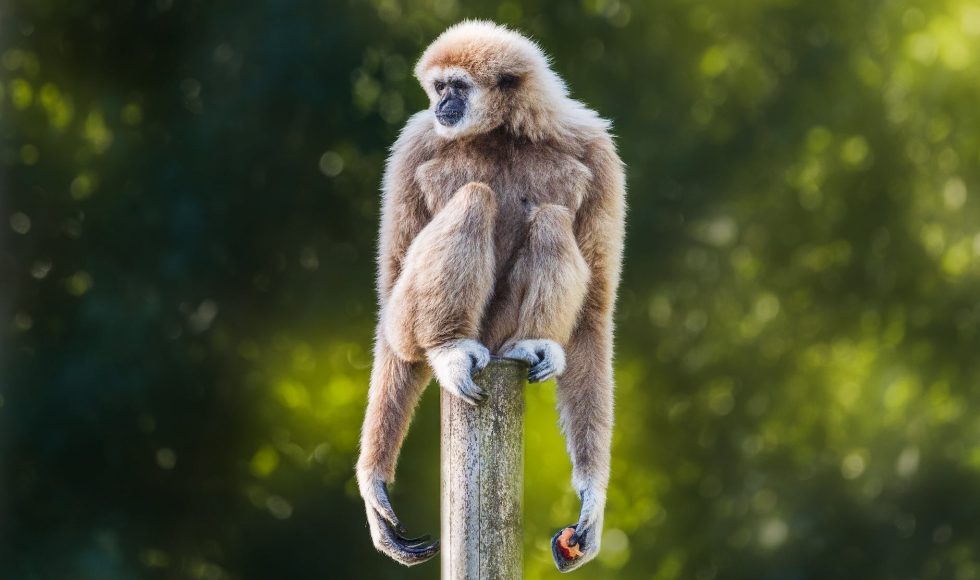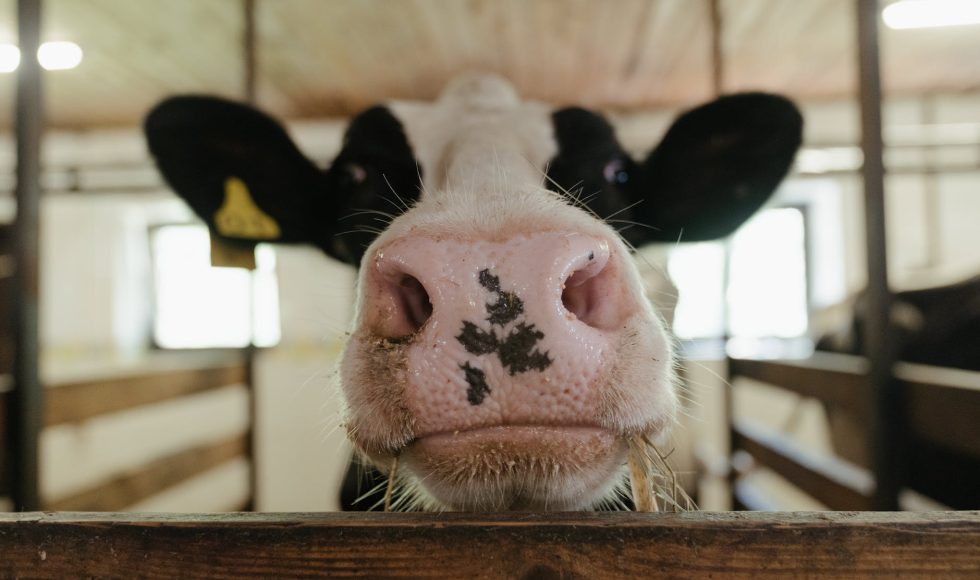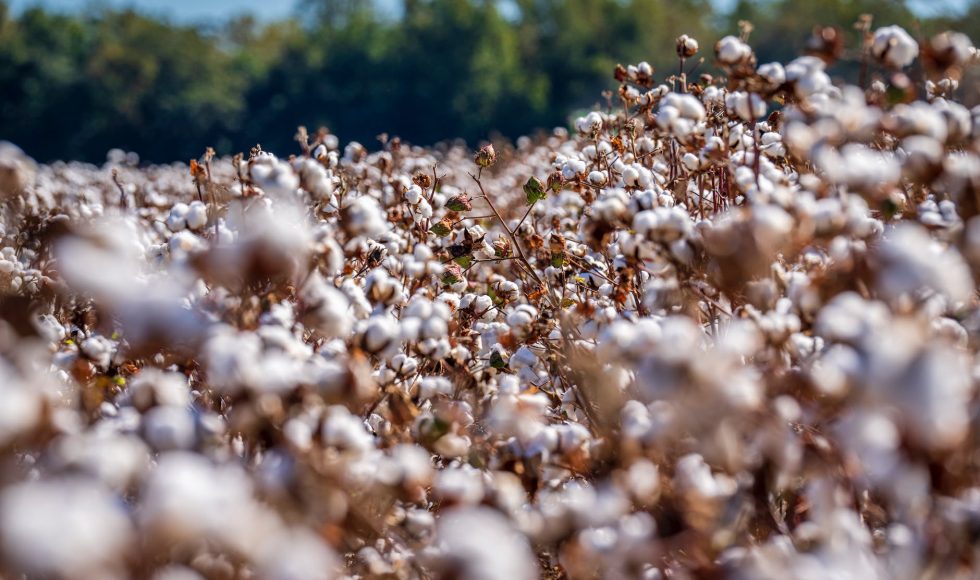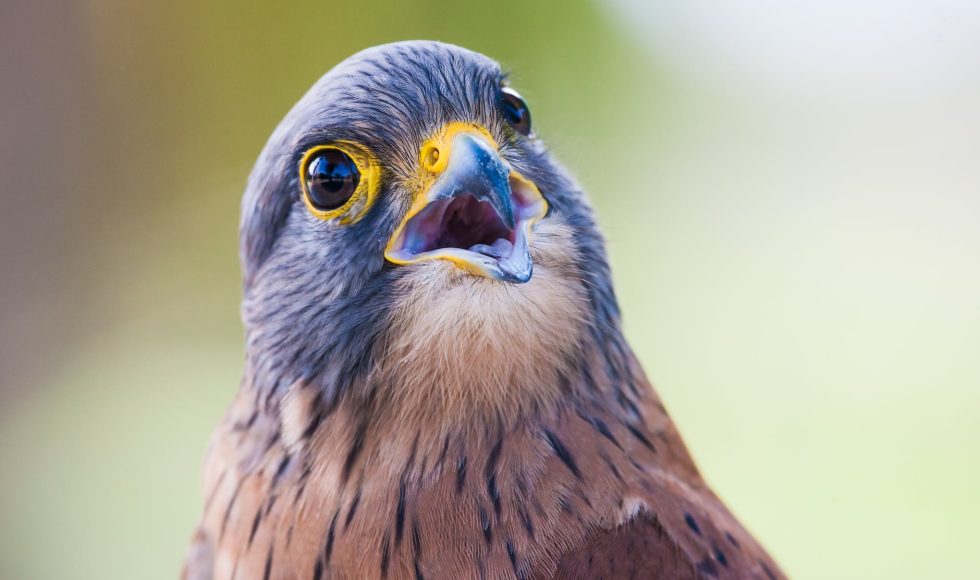Tonight I watched the entire London Calling 2023 Showcase Stage on Conservation. The first speaker was Luca Pandolfini from the Italian Institute of Technology in Italy who presented on “From genome assembly to epigenome characterisation: a nanopore journey in the footsteps of an endangered tortoise.” I remember this session! They worked on Pyxis arachnoides, a […]
Tonight I watched the entire Targeted sequencing showcase from London Calling 2023. The first panelist was Lukas Wellguny, a Ph.D. student from EMBL-EBI in the UK. Their presentation title was “Dynamic, adaptive sampling during nanopore sequencing using Bayesian experimental design.” They take data from the sequencer and incorporate a model to derive uncertainty scores at […]
The recording for the London Calling 2023 Liquid Biopsy session was posted, and I watched it tonight. The first panel member was Billy Lau who spoke about “Nanopore sequencing of cell-free DNA for methylation-based breast cancer detection in a case-control research cohort.” I had watched the individual talks previously but not the complete session. Lau […]
Gabrielle Hartley from the University of Connecticut presented at London Calling 2023 a session entitled “Telomere-to-telomere nanopore-based genome assembly reveals genomic and epigenetic features of karyotype radiation.” Hartley is a Ph.D. candidate. They are using Nanopore-based sequencing to learn about chromosome evolution in primates. Hartley is focusing on gibbons, small endangered apes with 18-20 species […]
Fei Xiao from the Beijing Hospital in China presented at London Calling 2023 a session entitled “Small extrachromosomal circular DNAs as biomarkers for potential pan-cancer diagnosis and prognosis.” They defined extrachromosomal DNA (eccDNA) as “circular DNA molecule that is independent of conventional chromosomes and exists widely in eukaryotes” and can vary in length, though most […]
Tuan Viet Nguyen, a research scientist from Agriculture Victoria in Australia, presented at London Calling 2023 on “Discovering the missing variation: a long-read sequencing study into the structural variation in two dairy breeds.” They defined structural variants (SVs) as larger than 50 bps and can be deletions, duplications, and inversions. Structural variants, Nguyen noted, are […]
Babita Singh from the CSIR National Botanical Research Institute in India presented at London Calling 2023 on “Exploring targeted genetic diversity in the core Indian cotton germplasm using Oxford Nanopore platforms.” Singh is a postdoctoral fellow and spoke about how “cotton fibers are unicellular epidermal trichomes of ovules” and one of the most abundant crops […]
Tonight I watched the London Calling 2023 session entitled “Advancing targeted haplotyping in pharmacogenomics using adaptive sampling.” Koen Deserranno from Ghent University in Belgium spoke about their research. They are a pharmacist by training and are interested in pharmacogenomics (PGx): personalization of drug therapy based on genomic sequences of the individual. Deserranno spoke about how […]
Caroline Koch from the Imperial College London in the UK presented at London Calling 2023 about “Novel screening platform for highly multiplexed biomarker analysis.” Koch is a PH.D. student. They spoke about how humans express diseases differently: we have different genes and live different lives. Koch described the need for individual highly multiplexed platform to […]
The London Calling 2023 showcase on conservation included a session entitled “A low-cost, rapid approach to generate non-model genomes for biodiversity and conservation genomics.” Matt Miller Is from Reneco Wildlife Conservation in the United Arab Emirates. They work on conservation and captive breeding. Miller noted that “Reference Genomes are Models.” Miller said that “no genome […]











